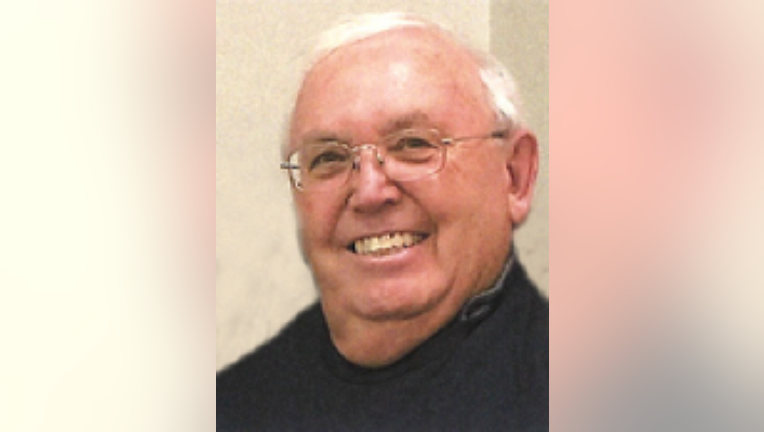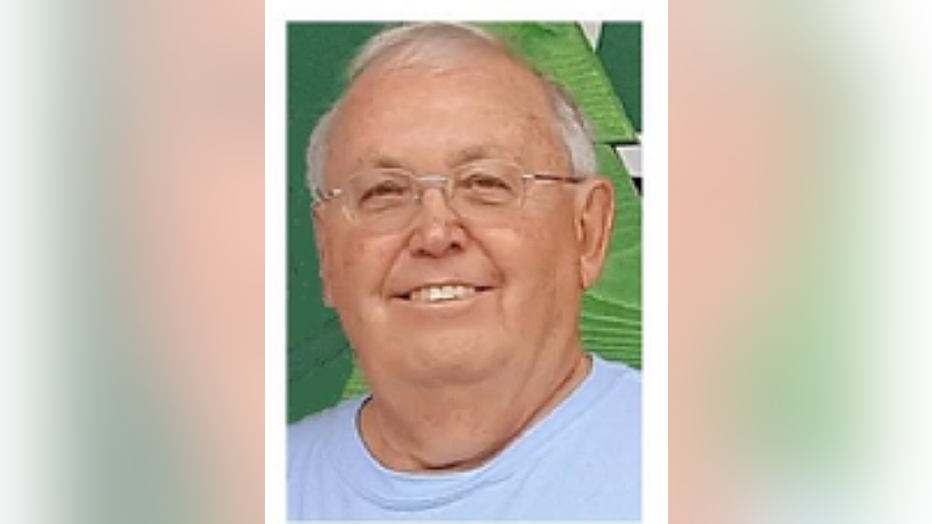Widow: Unvaccinated to blame for vaccinated husband's death

MOUNT AYR, Iowa - An Iowa woman whose husband died from a breakthrough COVID-19 infection is blaming Americans who refuse to mask or get vaccinated.
"It’s that kind of attitude that killed my husband," Ardith Keplinger, whose husband, Dr. Gary Keplinger, of Mount Ayr, was buried this month, told the Des Moines Register.
In his obituary, the family wrote that his life was "unnecessarily cut short." They described the retired school superintendent as "one of several victims recently infected from an unmasked, unvaccinated person."
His widow said he had a chronic autoimmune, neuromuscular condition called myasthenia gravis, which may have made him particularly susceptible when he attended a gathering of 50 to 75 extended family members in a rented hall in July.
The couple had been avoiding crowds, but they mingled unmasked at the event, along with relatives, several of whom were unvaccinated, Ardith Keplinger said.
"Within a week, 11 members of our family had COVID," she said, adding that she was among them but recovered.

But her husband and a cousin who also attended the party both died of COVID-19 on Aug. 11.
The Iowa Department of Public Health reports that vaccinated people make up just 10% of those being treated for the disease in the state’s intensive care units, even though 64% of Iowa adults have had the shots.
Most of those who are becoming very ill despite being vaccinated are elderly or have serious immune system issues, Dr. Patricia Winokur, a University of Iowa infectious disease physician and vaccine researcher, told the Des Moines Register.
Elderly people and those with certain health conditions may get less protection from vaccines, because their immune systems are less robust, Winokur said.
Their odds of staying healthy would be significantly higher if everyone around them also were vaccinated against the coronavirus, she said.
Experts say that’s why it’s important for everyone, including young, healthy people, to be vaccinated, wear masks indoors and take other precautions.
"I’d like to think our communities would protect each other," Winokur said.

